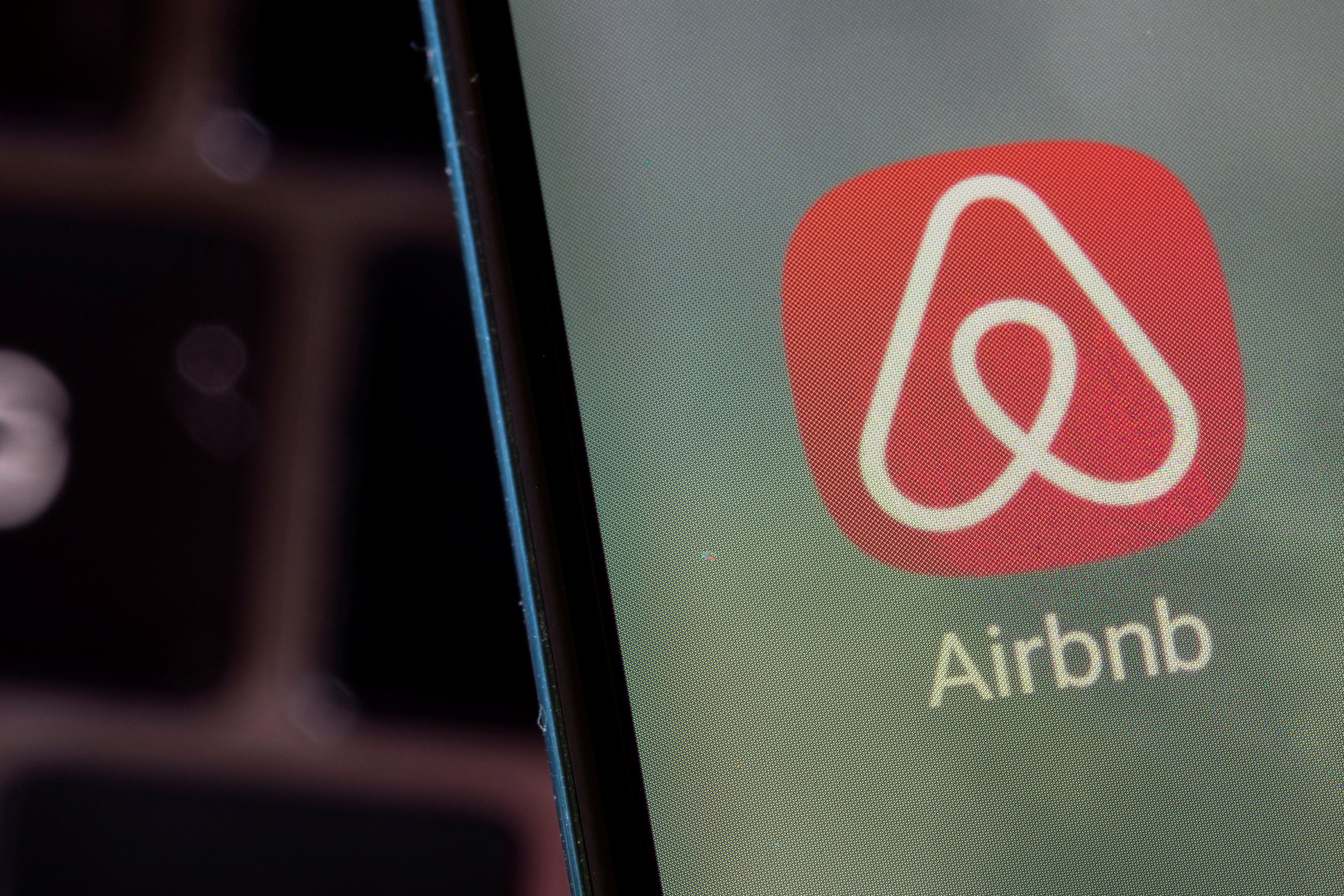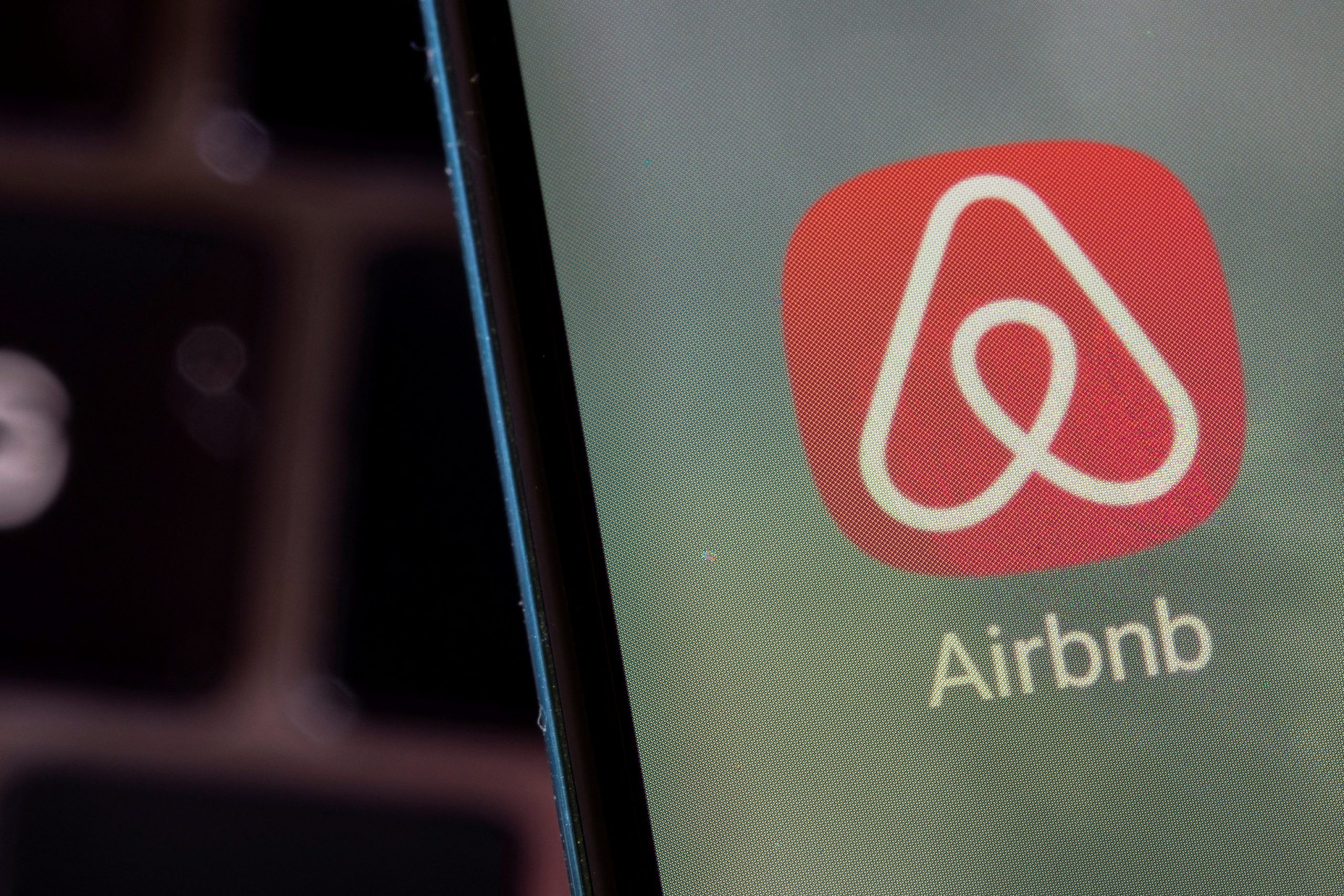Airbnb has made the decision to ban the use of indoor security cameras to “prioritize the privacy of our community,” according to a statement from the company on Monday.
The ban, which is a global one across all of their listings, is an effort to “simplify our policy on security cameras and other devices,” according to a statement released by the company announcing the new change in policy.
Airbnb had allowed indoor security cameras in common areas like hallways and living rooms, but they were only allowed if they were disclosed on the property listing page before booking and if the cameras were clearly visible and not located in spaces like sleeping areas and bathrooms.
This new policy changes that and prohibits indoor cameras altogether.
“The update to this policy simplifies our approach and makes clear that security cameras are not allowed inside listings, regardless of their location, purpose or prior disclosure,” said Airbnb. “As the majority of listings on Airbnb do not report having a security camera, this update is expected to impact a smaller subset of listings on the platform.”
The policy also implements more rigorous and comprehensive rules on the use of outdoor security cameras and other devices, including noise decibel monitors, the company said.

FILE PHOTO: Airbnb app is seen on a smartphone in this illustration taken, February 27, 2022.
Dado Ruvic/Reuters
“Devices like doorbell cameras and noise decibel monitors continue to be permitted on Airbnb and can be an effective, privacy-protective way for Hosts to monitor security for their home and get ahead of issues like unauthorized parties,” said Airbnb. “However, Hosts will be required to disclose the presence and general location of any outdoor cameras before guests book. These cameras will also be prohibited from monitoring indoor spaces of a listing and are not allowed in certain outdoor areas where there’s a greater expectation of privacy, like an enclosed outdoor shower or sauna.”
Airbnb says that properties will also now be required to disclose the presence of noise decibel monitors “which assess decibel level only and do not record or transmit sounds or conversations and are only allowed in common spaces of listings.”
These new policies will take effect from April 30. After that date, reported violations will be investigated and violators could have their listing and accounts removed from the site.
“Our goal was to create new, clear rules that provide our community with greater clarity about what to expect on Airbnb. These changes were made in consultation with our guests, Hosts and privacy experts, and we’ll continue to seek feedback to help ensure our policies work for our global community,” said Airbnb’s Head of Community Policy and Partnerships, Juniper Downs, in the statement released on Monday.
Airbnb says these new changes are coming into effect after “extensive consultation with guests, Hosts, privacy experts and advocacy groups.”
Airbnb, the popular online marketplace for short-term lodging, recently announced a new policy prohibiting the use of indoor security cameras in all properties listed on its platform. This decision comes in response to growing concerns about privacy and surveillance in vacation rentals.
The use of security cameras in rental properties has become increasingly common in recent years, with some hosts installing cameras to monitor guests or protect their property. While the intention may be to enhance safety and security, the presence of cameras can also raise significant privacy issues for guests.
In a statement, Airbnb explained that the new policy is aimed at protecting the privacy of guests and ensuring that they feel comfortable and secure during their stay. The company emphasized that hosts are still allowed to use outdoor security cameras, as long as they are disclosed in the property listing and do not infringe on the privacy of guests.
This move by Airbnb is part of a broader trend towards increased privacy protections in the vacation rental industry. In recent years, there have been numerous reports of guests discovering hidden cameras in rental properties, leading to concerns about unauthorized surveillance and invasion of privacy.
By prohibiting indoor security cameras, Airbnb is taking a proactive step to address these concerns and maintain the trust of its users. The company has also implemented strict guidelines for hosts who wish to use outdoor cameras, requiring them to disclose the presence of cameras in their listing and ensure that they are not pointed inside the property.
Overall, Airbnb’s decision to ban indoor security cameras is a positive development for both hosts and guests. It helps to create a more secure and respectful environment for everyone involved, while also upholding the principles of privacy and trust that are essential in the sharing economy. As the vacation rental industry continues to evolve, it is important for platforms like Airbnb to prioritize the protection of guest privacy and safety.



